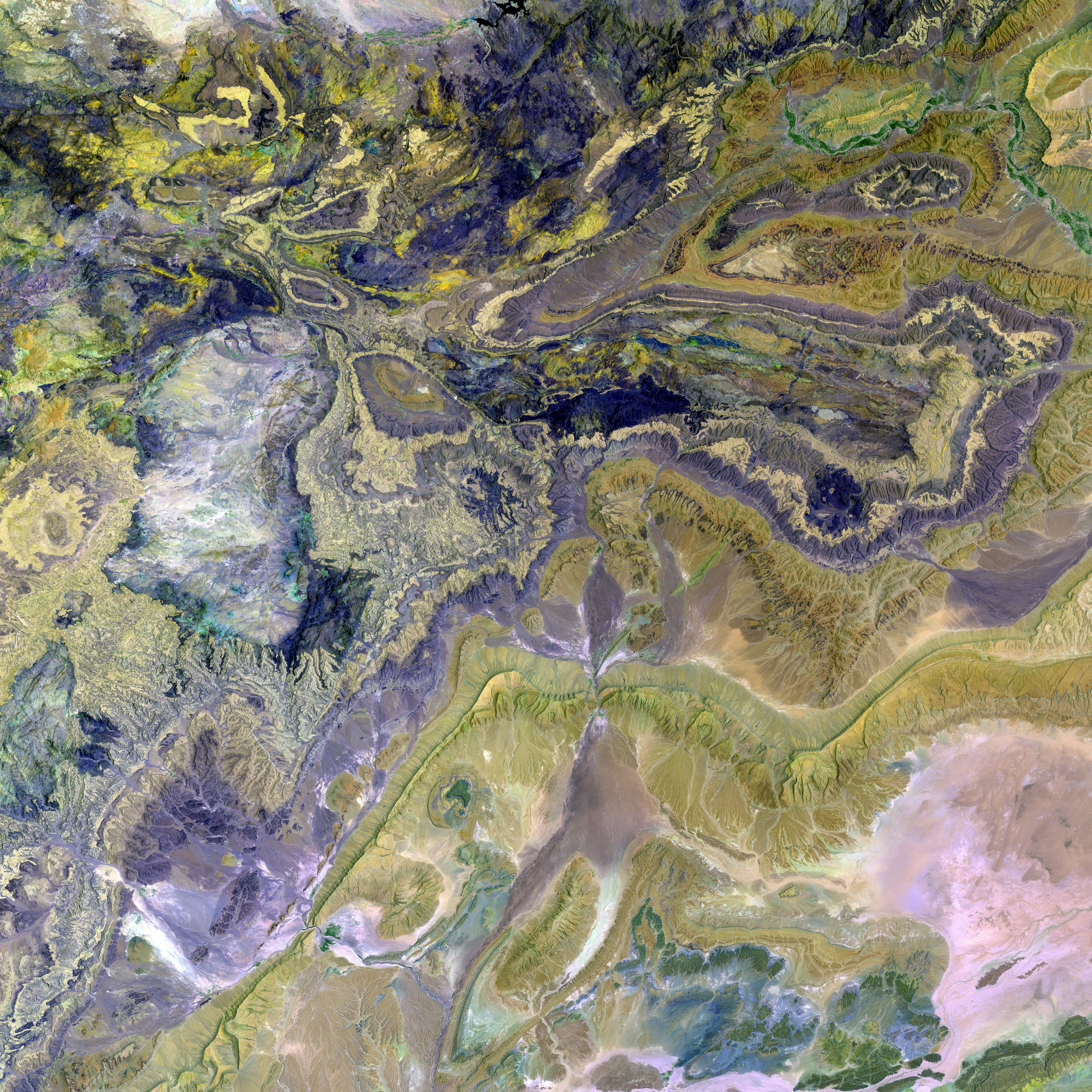The Rise and Fall of Trade and Tourism: India's Decision to Boycott Turkey
Turkish imports to India, encompassing a variety of goods like apples and marbles, face potential risk worth $2.84 billion due to trade tensions.
India's social media campaign, "Boycott Turkey," has left an indelible mark on the economic landscape between India and Turkey. The demand for travel, imports of Turkish apples and marble, have all taken a nosedive, as Indian citizens and businesses stand united against Turkey's backing of Pakistan.
The heat of the India-Pakistan conflict has not only scorched the battlefield but also spilled over into the commercial realm, with businesses feeling the backlash. The 'Boycott Turkey' call is no exception. Not only has travel to Turkey dwindled, but traders are halting imports of Turkish goods, from apples to marble.
The Indian government has taken concrete action against Turkish businesses in response. They have terminated the license of Turkish firm, Celebi Aviation, which provided ground handling services at nine major Indian airports, impacting Turkish businesses in India's civil aviation sector significantly.
The online travel industry has also felt the pinch. Companies like EaseMyTrip, MakeMyTrip, and ClearMyTrip have issued advisories against non-essential travel to Turkey, and the drop in flight bookings has been a staggering 60%. Over 22% of trips booked to Turkey have been canceled within days of the boycott gaining traction.
The root of this boycott can be traced back to Turkey's support of Pakistan during the India-Pakistan conflict. This backing, which allegedly included the provision of military hardware such as drones, has fueled public anger in India. Coupled with the support from nationalist and right-wing groups in India, the boycott has escalated into a formal economic and cultural disengagement from Turkey by Indian stakeholders.
India's humanitarian response to Turkey in the aftermath of the February 2023 earthquakes serves as a stark contrast to the present scenario. Operation Dost, India's aid mission to Turkey, which included over 250 trained personnel, showcased the cordial relations between the two countries in the past.
As Turkey's President remains unphased by this boycott, it remains to be seen how India-Turkey relations will unfold in the future. For now, the economic and cultural disengagement seems to be a clear message from the Indian population, asserting their stance against perceived acts of betrayal and support for terrorism.
Sources:1. Business Standard2. Times of India3. ANI4. Storyboard5. Business Today
- The 'Boycott Turkey' movement, fueled by India's political stance towards Pakistan, has led to a significant decline in investment opportunities in the Turkish market, as businesses and financial institutions reconsider their involvement.
- Despite the ongoing economic and cultural disengagement, some sectors, like crime and justice or sports, have managed to remain unaffected, as Indian individuals and organizations continue to participate in international events and partnerships.
- The general news outlets covering the India-Turkey conflict have extensively reported on the defi sector's role in facilitating cross-border transactions, as Turkish businesses navigate the challenges posed by the boycott.
- As India's economic ties with Turkey weaken, the conflict's repercussions are spilling over into other areas, such as the strengthening of alliances within Asia and the Middle East, as regional powers seek to capitalize on the situation.
- The boycott on Turkey has also sparked a broader discussion on the role of politics in finance and business, as experts debate whether such movements, driven by public opinion and nationalism, can transform the economic landscape on a global scale.







